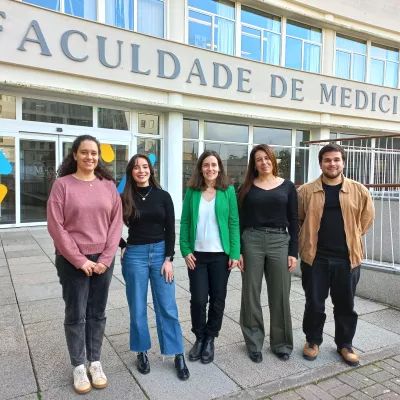
Project description
A menopausa é uma fase de grande importância na vida das mulheres, cuja diminuição dos níveis de estrogénio acarreta um risco acrescido de doenças crónicas, como as doenças alterações no microbioma intestinal, a comunidade de milhões de microrganismos presente no intestino e que desempenham um papel crucial na digestão, função imunitária e na saúde em geral. O microbioma intestinal tem também uma função de destaque no processamento do estrogénio, o que afeta os níveis desta hormona no organismo da mulher. As escolhas de estilo de vida, incluindo a dieta, podem resultar numa mudança positiva do número e tipo de bactérias intestinais, potencialmente reduzindo o risco de doença nas mulheres pós-menopausa.
Assim, é fundamental compreender de que forma a menopausa afeta o microbioma intestinal e a sua relaçâo com o risco de doença crónica. O projeto AGEWISE aborda esta questão investigando a complexa relação entre a menopausa, o microbioma intestinal e as hormonas sexuais femininas. Este projeto visa revolucionar a deteção precoce e a gestão das doenças relacionadas com a menopausa através do desenvolvimento de ferramentas inovadoras de diagnóstico por Inteligência Artificial (IA) baseadas no microbioma intestinal. O principal objetivo do AGEWISE é utilizar a IA para analisar dados biológicos e de estilo de vida, criando um perfil de risco personalizado para doenças relacionadas com a menopausa. O projeto destina-se a melhorar a saúde das mulheres durante o envelhecimento, representando um passo crucial para descobertas inovadoras no apoio às mulheres durante a menopausa.
English version
Menopause is a phase of great importance in women's lives, during which decreased estrogen levels lead to an increased risk of chronic diseases, such as changes in the gut microbiome. The gut microbiome, a community of millions of microorganisms present in the intestine, plays a crucial role in digestion, immune function, and overall health. It also has a significant function in the processing of estrogen, which affects the levels of this hormone in the female body. Lifestyle choices, including diet, can result in a positive change in the number and type of gut bacteria, potentially reducing the risk of disease in postmenopausal women.
Therefore, it is essential to understand how menopause affects the gut microbiome and its relationship with chronic disease risk. The AGEWISE project addresses this issue by investigating the complex relationship between menopause, the gut microbiome, and female sex hormones. This project aims to revolutionize the early detection and management of menopause-related diseases through the development of innovative AI-based diagnostic tools centered on the gut microbiome. The primary goal of AGEWISE is to use AI to analyze biological and lifestyle data, creating a personalized risk profile for menopause-related diseases. The project is designed to improve women's health during aging, representing a crucial step towards groundbreaking discoveries in supporting women through menopause.
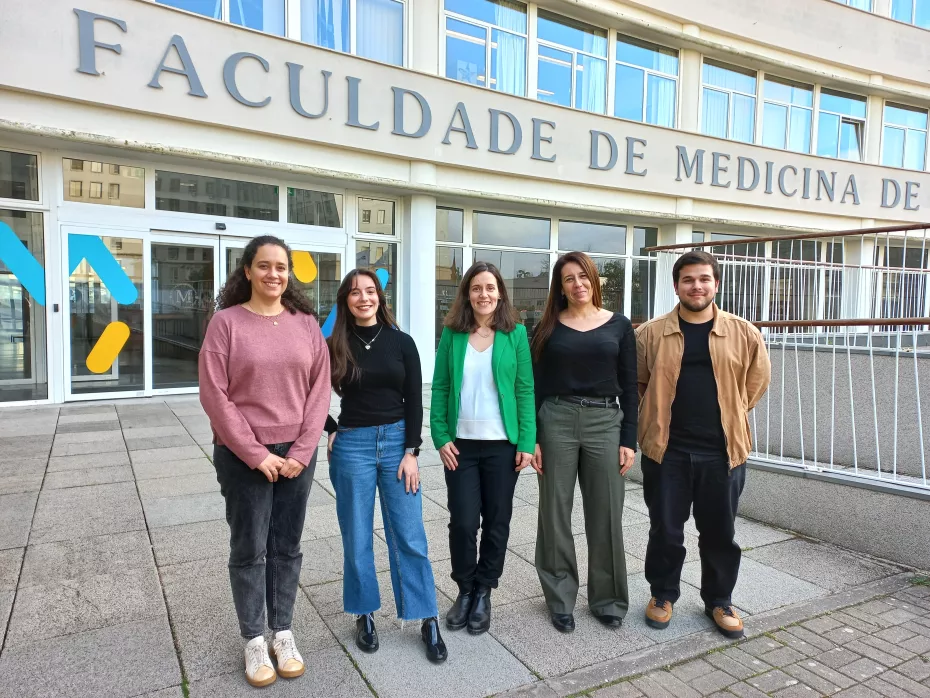
Portugal's winning projects
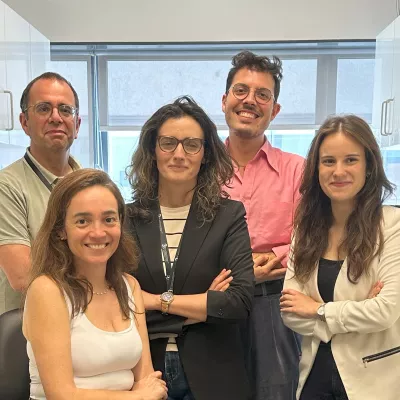

MINDSET: Mapping interactions of the bidirectional gut-brain axis in adolescent risk-taking behaviour


Microbiome manipulation to reduce psychopathology in Multiple Sclerosis
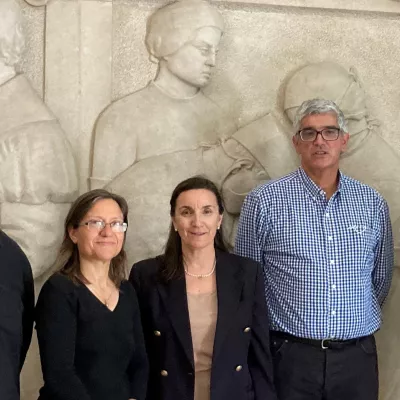



Impact of maternal obesity on early-life microbiota-induced immune system priming
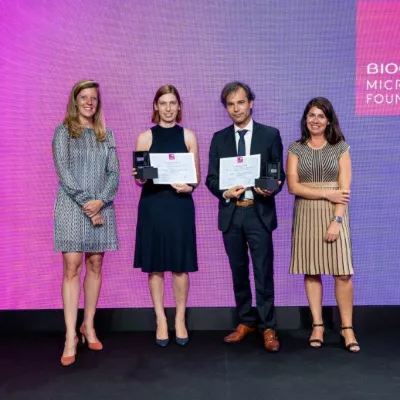

MicroSpA & MicroRA : The role of microbiome on biological therapy efficacy in axial Spondyloarthritis and Rheumatoid Arthritis - a new paradigm

